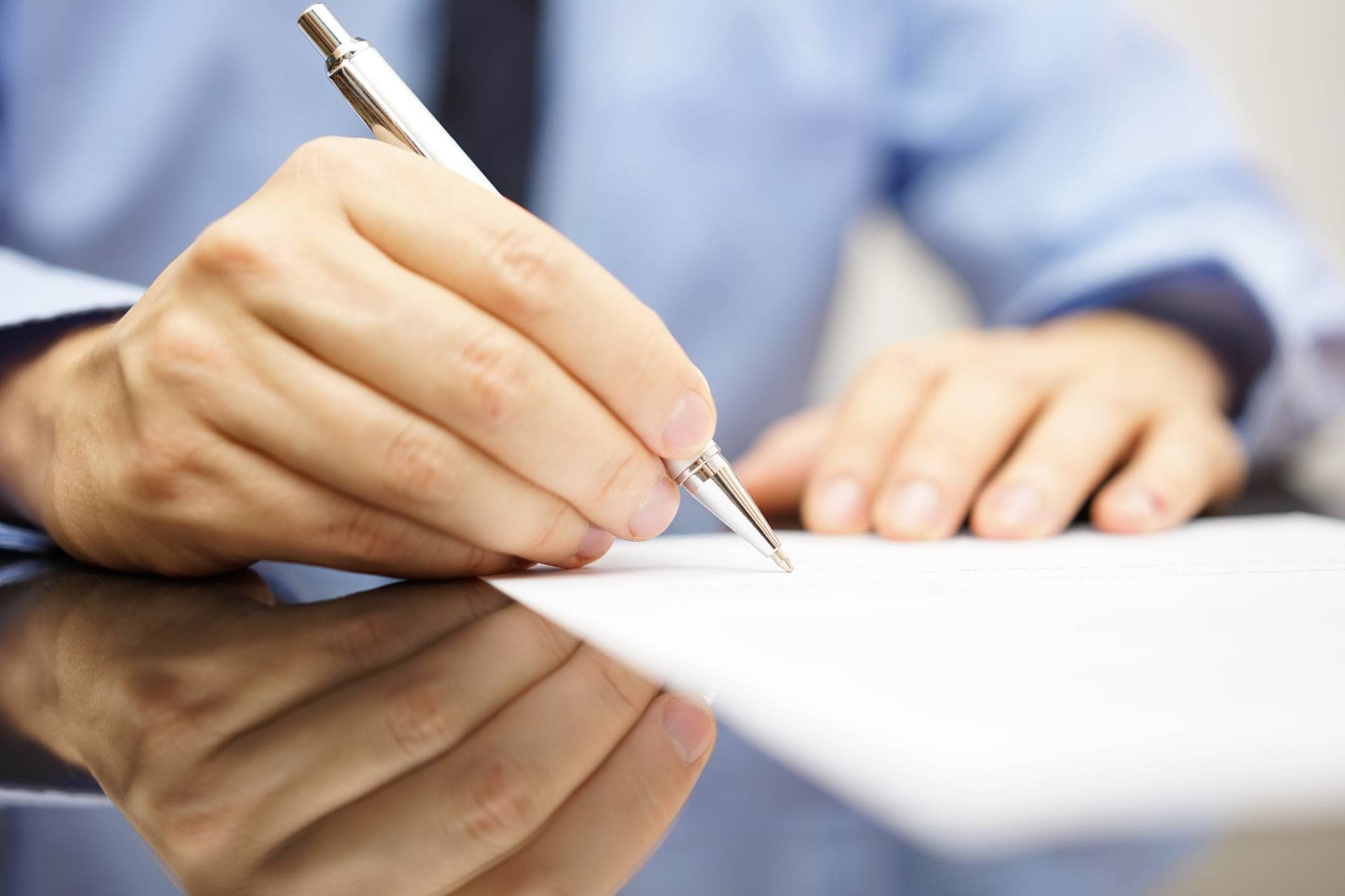When you file Chapter 7 bankruptcy, you may be required to turn over some of your possessions and assets. Money and property you turn over will become a part of the bankruptcy estate. The trustee can sell property and the money generated can be used to repay some of the debts that you owe to your creditors. The remaining balance of your debts will then be discharged and you will no longer have the obligation to repay any debts included in your bankruptcy.
Because of this process, many people are concerned that they will be left with limited property and assets at the end of their bankruptcy. The reality is, however, that there are exemptions that protect much of what you own. Many people who file for bankruptcy do not lose any property at all, while others will have to turn over some possessions but will still be much better off with the debt relief that bankruptcy allows.
An experienced Melville, NY bankruptcy attorney can help you to understand the impact that Chapter 7 will have on your financial situation. Call or contact Ronald D. Weiss, P.C. today to learn more about how a bankruptcy lawyer can help you file Chapter 7.
Your Property When You File Chapter 7 Bankruptcy
When you file for bankruptcy in New York, you may opt to use either federal exemptions or state exemptions. Exemptions keep your property safe. While you can choose which exemptions work best for you, you are not allowed to mix and match. This means if you prefer to use New York’s exemptions, you are limited only to protecting and keeping property New York allows.
In New York, you may protect up to $10,000 worth of property listed under section 5205 of the New York Code http://codes.lp.findlaw.com/nycode/CVP/52/5205 . Exempt property include a huge number of different things including stoves in your home; sewing machines; books; domestic animals; household furniture; a television and refrigerator, a watch up to $35 in value, a wedding ring, and work tools and implements. Most of your personal property is found on this list of exemptions, which means you can choose to keep up to $10,000 of the things that you own.
There is also a homestead exemption, which varies depending upon where in New York you live. In the counties around Manhattan including Kings, Queens, New York and the Bronx, you may keep up to $150,000 of your home equity. In Duchess, Albany, Columbia, Orange, Saratoga and Ulster counties, you can keep up to $125,000 in home equity. Finally, in other counties of New York, you may keep up to $75,000 in home equity. Home equity refers to the value of your home above what your remaining mortgage balance is.
Retirement accounts, including 401(K)s, IRAs and other accounts with special tax advantages are generally also considered exempt property and you may keep this money as well.
The exemptions ensure that you can start over with a fresh start after bankruptcy while still having the ability to create a life for yourself and a secure future. Speak with an experienced Melville, NY bankruptcy lawyer at Ronald D. Weiss, P.C. to get help understanding how Chapter 7 will impact your property.
- Call for a Free Consultation, Near You.
- Call for a Free Consultation, Near You.
- SUFFOLK
 (631)-271-3737
, QUEENS
(631)-271-3737
, QUEENS  (718)-751-0226
(718)-751-0226 - NASSAU
 (516)-307-0262
, BROOKLYN
(516)-307-0262
, BROOKLYN  (347)-508-9316
(347)-508-9316 - Exceptional Legal Representation Throughout
- Long Island and New York, Since 1993.
- SUFFOLK
 (631)-271-3737
, QUEENS
(631)-271-3737
, QUEENS  (718)-751-0226
(718)-751-0226 - NASSAU
 (516)-307-0262
, BROOKLYN
(516)-307-0262
, BROOKLYN  (347)-508-9316
(347)-508-9316 - Exceptional Legal Representation Throughout Long Island and New York, Since 1993.
Summary:
Table of contents
Article details:
- Published by:
- Long Island Bankruptcy & Foreclosure | Law Firm
- Published to:
- Last modified:
- July 25, 2014
Share:
Continue learning:
- home
- About
- Scholarship
- services
- Bankruptcy Lawyer
- Foreclosure Lawyer
- foreclosure defense
- Can a Long Island Foreclosure Attorney Defend By Asserting that the Lender Lacks the Original Loan Documents?
- Suffolk County and Nassau County Foreclosure Defense, Legitimacy of Note Indorsement as an Issue
- Long Island Foreclosure Attorney Can Vacate Their Client’s Excusable Default Under CPLR 5015
- Applicability of the “Produce the Note” Defense to Long Island Foreclosures
- Silverberg’s Effects of Suffolk County and Nassau County Foreclosures
- Long Island Foreclosure Lawyer Can Move For Leave to Amend Answer to Protect New Clients
- Suffolk and Nassau County Foreclosure Post-Silverberg MERS Issues
- Affidavit of Due Diligence in Long Island Foreclosures
- Obligation for Good Faith Negotiations in Long Island Foreclosures
- When is a Mortgage Loan Considered Predatory in NY Foreclosure Cases?
- When Are Juridictional Defenses Waived in Foreclosure Long Island Cases?
- What Is Foreclosure?
- Assignment Must Be Completed at Commencement of Smithtown Foreclosure
- Original Notes and Loan Papers: What Does a Lender Need to Foreclose?
- What to Expect in a NY Foreclosure Case: How Long Will it Take to Resolve?
- Necessary Parties in a Foreclosure—Who Needs to be Captioned and Served?
- Requirements for a Foreclosure Complaint and Summons in New York
- orders to show cause
- bankruptcy as a solution to foreclosure
- mortgage modifications, negotiations & settlements
- Motions to Reargue, Renew, Vacate and/or Dismiss as Part of Foreclosure Defense
- Appeals in Foreclosure Litigation
- Foreclosure Process
- Different Types of Foreclosure Actions
- foreclosure defense
- Negotiations & Settlements
- Credit Card Negotiations and Settlements
- Retention Options for Distressed Real Estate
- Non-Retention Options for Distressed Real Estate
- Tax Debt Negotiations and Settlements
- Student Loan Debt Negotiations
- Business Debt Negotiations and Settlements
- Medical Debt Negotiations
- Credit Repair
- Third-Party Short Sales and Voluntary Sales
- Deed in Lieu Agreements
- Cash for Keys Agreements
- Credit Card Reductions – Debt Reduction Lawyer for Credit Cards
- Consent to Judgment of Foreclosure and Sale Agreements
- Landlord-Tenant Negotiations and Settlements
- Mortgage Loan Modifications
- Credit Card Solutions
- Debtor litigation defense
- landlord Tenant Solutions
- Distressed Real Estate Solutions
- Student Loan Solutions
- Tax Debt Solutions
- Locations
- Hours
- Careers
- testimonials
- Blog
- faq’s
- contact





